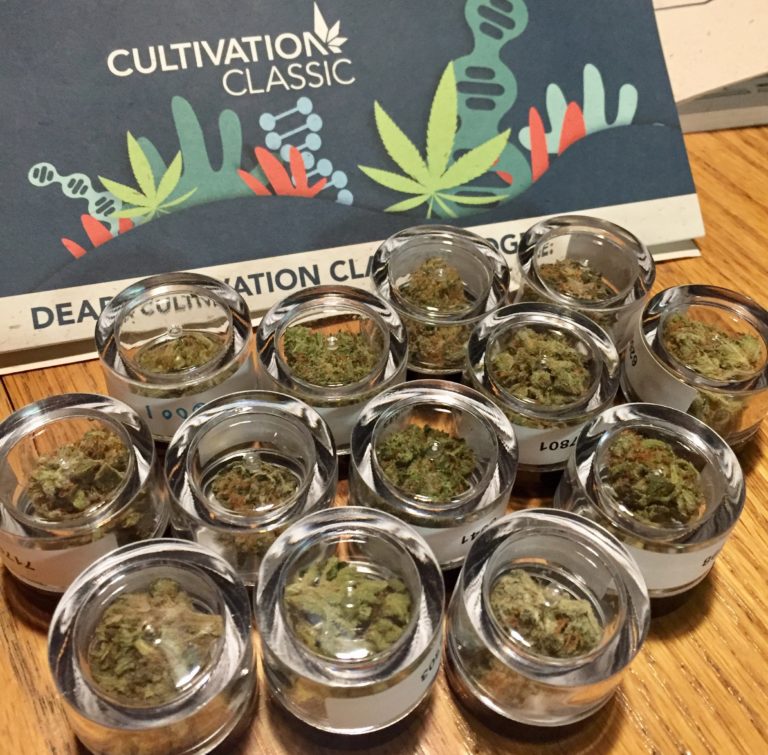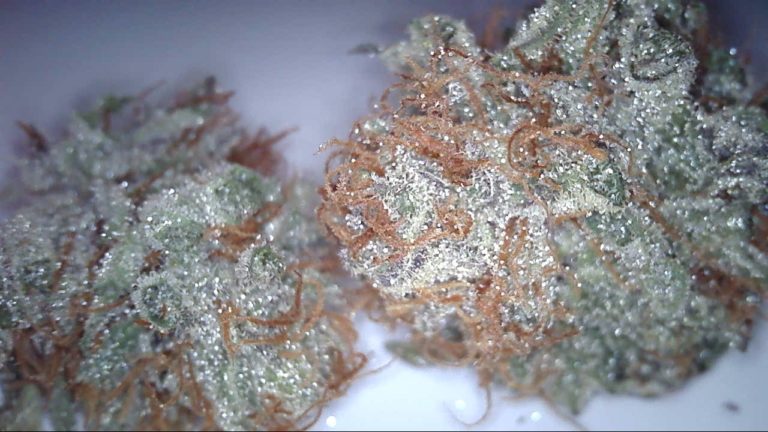Wow, what a year! We’re proud to share with you our top 13 highlights of 2013.
1. Launched our most ambitious fundraising campaign ever
A few weeks ago, SSDP launched a crowdfunding campaign through Indiegogo with an ambitious goal of raising $100,000 by January 7. We’ve raised over $65,000 so far, but we need your help to make it over the finish line. If you’re one of the more than 200 supporters who have already donated, thank you! Please consider asking a friend or family member to contribute today. If you haven’t yet donated, there’s no better time than now to check out our campaign video. No amount is too small to make a difference! Read more.
2. Changed drug policies on six campuses
One campaign that has always been a priority for Students for Sensible Drug Policy chapters across the country are Call 911 Good Samaritan Policies. Call 911 Good Samaritan Policies highlight the issues between health and punishment when dealing with alcohol and drugs on campus. These policies promote life-saving measures by allowing students to make responsible decisions during an emergency relating to alcohol and drugs by calling for help without fear of punishment or expulsion. This past year, SSDP helped pass 6 more campus wide Good Samaritan Policies.
– University of South Florida
As a result of a two year campaign led by the USF SSDP chapter, the University of South Florida implemented a campus-wide 911 Good Samaritan Policy in late 2013. The policy provides protection from prosecution for simple possession of drugs or drug paraphernalia when calling for medical help during a drug-related emergency. Read more.
– Tufts University
This spring, our students at Tufts were successful in enacting a life-saving call 911 Good Samaritan policy. Tufts University’s specific policy allows for up to 2 instances of medical interventions and immunity to punishment due to substance abuse per student. The first incident results in a meeting with a professional in the Department of Alcohol and Health Education, the second incident results in another meeting as well as consultation with the student’s family or guardian. The caller of the emergency (if not also the victim) is granted immunity as well. Read more.
– Massachusetts College of Liberal Arts
MCLA SSDP also brought a policy change to their campus this year. Massachusetts College of Liberal Arts’ Good Samaritan Policy states that no formal disciplinary action will be taken against those who report and/or are victim of a drug or alcohol related emergency. Read more.
– Roosevelt University
After a two year battle on campus, Roosevelt University SSDP helped enact a Call 911 Good Samaritan Policy. The “Good Samaritan Protocol” adds the policy to the University’s student drug and alcohol policy, encouraging students to call for help in a drug or alcohol overdose situation. “We were fortunate that our administrators were immediately very supportive of the idea of a Good Samaritan policy, but they had a lot of questions and concerns about such a policy. These concerns were fortunately able to be put to rest almost as immediately as they were brought up, due to our preparation, planning, and resources.”, said chapter Co-President, Vilmarie Narloch. Read more.
– University of Maryland
After proposing a measure nearly six years ago that would protect dangerously intoxicated students from university sanctions if they call 911 for themselves or a friend, the University Senate voted overwhelmingly this February to approve an all-inclusive Good Samaritan policy. The policy first passed the senate in 2011, when it was amended to only include alcohol. But UMD SSDP activists quickly mobilized to push for a policy that included all drugs, leading former undergraduate senator Brandon Levey to propose all-inclusive legislation nearly two years ago. Read more.
– Keene State College
Our students at Keene State College played an integral role in passing the Call 911 Good Samaritan Policy on campus this year. After drafting the policy themselves, they spent a semester educating their campus about the benefits of the policy through aggressive outreach. Then, KSC SSDP students petitioned the school with majority student support for passage. Following the petition, our students worked one-on-one with school administrators to see the policy added to the campus drug and alcohol policy. Read more.
Click here to read the entire article, and donate to SSDP!










